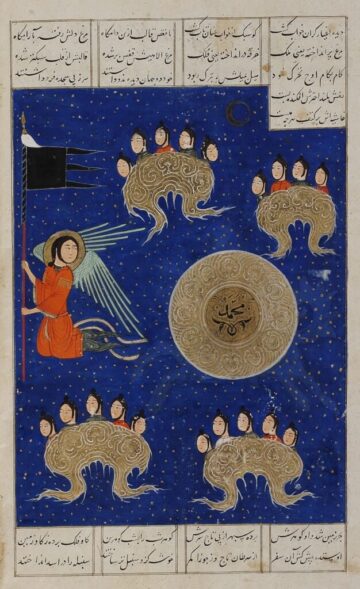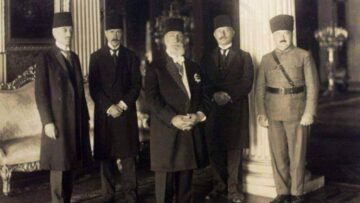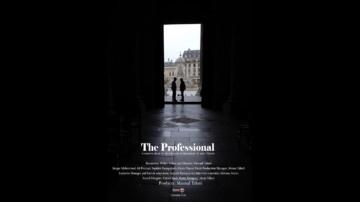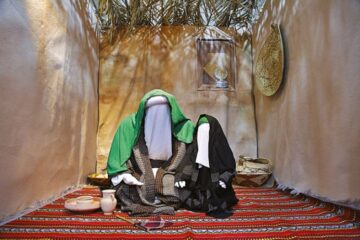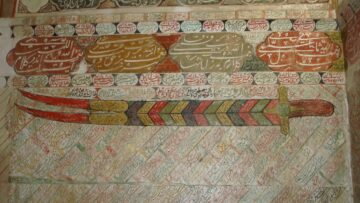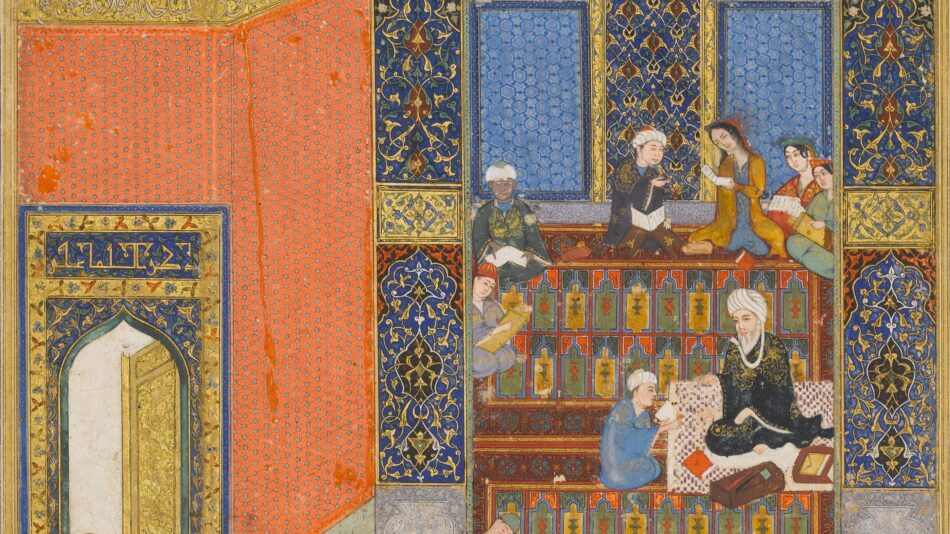
-
Status
Open -
Date
08 Oct 2025 -
Location
Online
Sculpting the Self: Islam, Selfhood, and Human Flourishing addresses “what it means to be human” in a secular, post-Enlightenment world by exploring notions of self and subjectivity in Islamic and non-Islamic philosophical and mystical thought. Alongside detailed analyses of three major Islamic thinkers (Mullā Ṣadrā, Shāh Walī Allāh, and Muhammad Iqbal), this study also situates their writings on selfhood within the wider constellation of related discussions in late modern and contemporary thought, engaging the seminal theoretical insights on the self by William James, Jean-Paul Sartre, and Michel Foucault. Professor Faruque delves into a spectrum theory of selfhood, incorporating bio-physiological, socio-cultural, and ethico-spiritual modes of discourse and meaning-construction. Weaving together insights from several disciplines such as religious studies, philosophy, anthropology, critical theory, and neuroscience, and arguing against views that narrowly restrict the self to a set of cognitive functions and abilities, this study proposes a multidimensional account of the self that offers new options for addressing central issues in the contemporary world, including spirituality, human flourishing, and meaning in life.
In the latest Islamic History and Thought lecture, Professor Faruque presents the first book-length treatment of selfhood in Islamic thought that draws on a wealth of primary source texts in Arabic, Greek, Persian, Urdu and other languages. Professor Faruque’s interdisciplinary approach makes a significant contribution to the growing field of cross-cultural dialogue, as it opens up the way for engaging premodern and modern Islamic sources from a contemporary perspective by going beyond the exegesis of historical materials. He initiates a critical conversation between new insights into human nature as developed in neuroscience and modern philosophical literature and millennia-old Islamic perspectives on the self, consciousness, and human flourishing as developed in Islamic philosophical, mystical, and literary traditions.
Please note this lecture, part of the Islamic History and Thought Lecture Series will cover the same topic and research as Professor Faruque’s book of the same name, which you can find from the University of Michigan.
Speakers
Muhammad U. Faruque
Muhammad U. Faruque is the Inayat Malik Associate Professor and a Taft Center Fellow at the University of Cincinnati and a former Visiting Scholar at Harvard University. He is the author of three books and over 50 academic articles, which have appeared (or are forthcoming) in numerous leading, peer-reviewed journals and edited volumes. He is also the recipient of numerous awards and fellowships, including the prestigious Templeton Foundation Global Philosophy of Religion grant and the Title IV Grant, U.S. Dept. of Education.
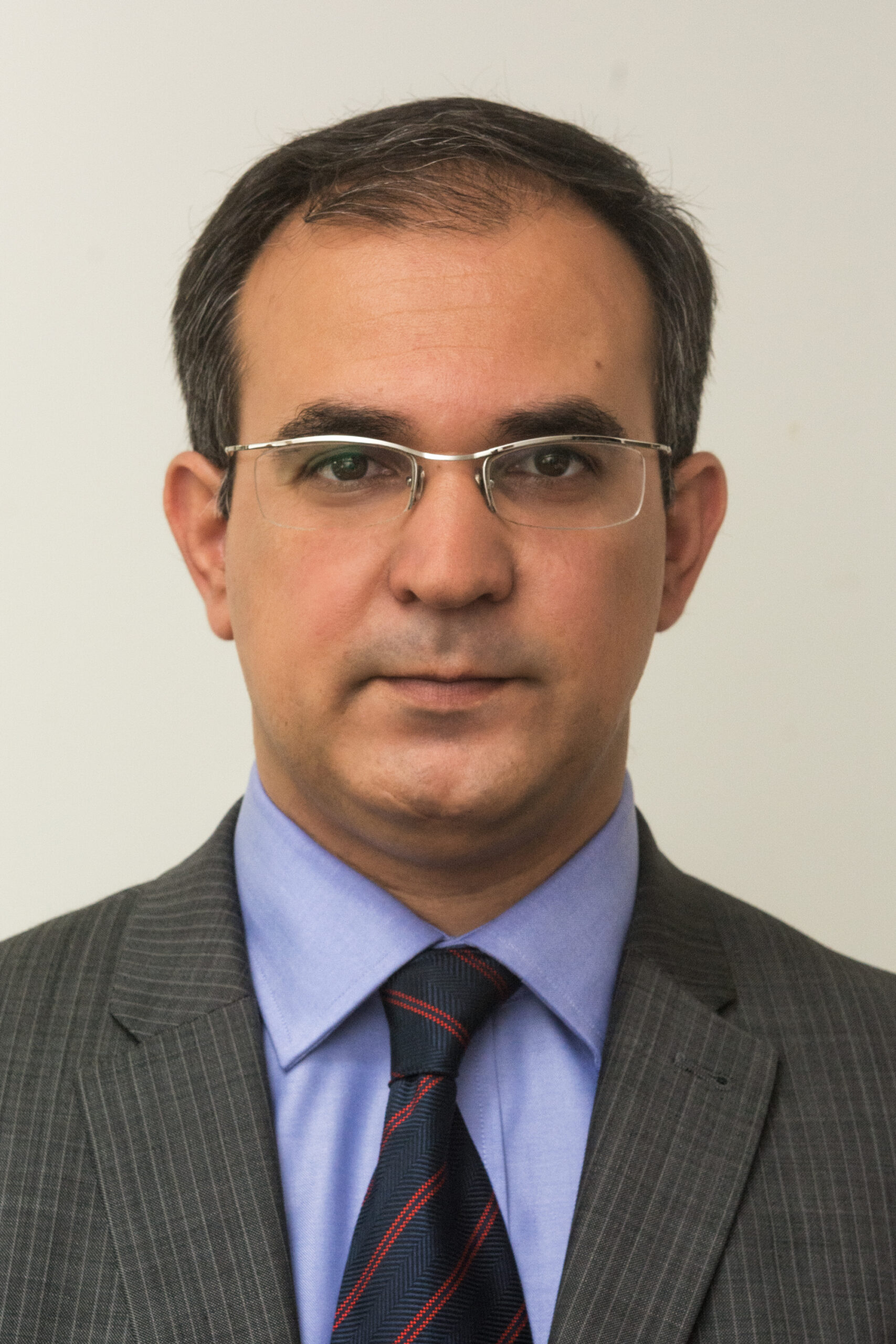
Dr Daryoush Mohammad Poor
Dr Daryoush Mohammad Poor is the Interim Head of the Constituency Studies Unit, Associate Professor in the Department of Academic Research and Publications at The Institute of Ismaili Studies, London, and a lecturer for the Department of Graduate Studies. He is also the editor of the Ismaili Heritage Series.
Islamic History and Thought Lecture Series
IHTLS is designed to invite scholars of various international academic institutions specialising in intellectual, social and political aspects of medieval and early modern Islamic societies to present and discuss their research.
Learn more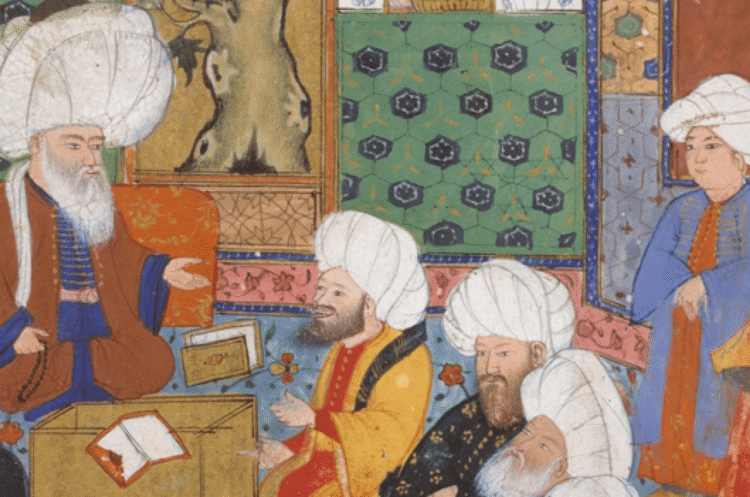
Photo: “Laila and Majnun at School“, Folio from a Khamsa (Quintet) of Nizami Ganjavi. Calligrapher Ja’far Baisunghuri Iranian. Author Nizami. 835 AH/1431–32 CE
Please note filming and photography may take place during the event, and may be used across our website, newsletters and social media accounts. This may include broad shots of the audience and lecture theatre, of speakers during the talk, and of audience members participating in Q&A.
Views expressed in this lecture are those of the presenting scholars, not necessarily of IIS, the Ismaili community or its leadership. Promotion of this lecture is not an explicit endorsement of the ideas presented.

